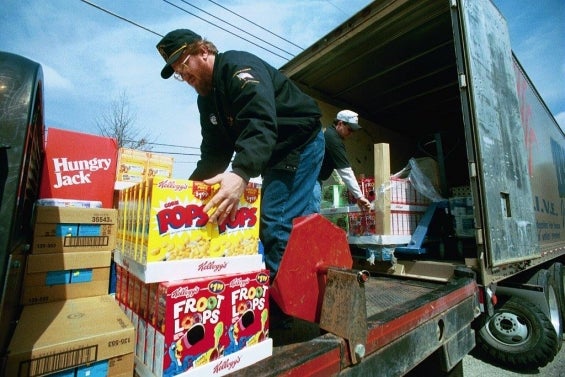Uncategorized
Summer Brings Little Relief for the Nation’s Hungry

Hunger hasn’t taken a holiday this summer. In fact, it’s only gotten worse.
Despite job gains nationwide, there has been little recovery when it comes to the number of American households deemed food insecure. As it stands, that number is estimated at 14 million, affecting about 48 million people nationwide.
Part of reason for those high numbers is because many states earlier this year decided to pare back on their food stamp programs, deciding the economy has made the expansion of benefits imposed in the wake of the Great Recession no longer necessary. That change resulted in the biggest drop in food stamp beneficiaries during the last decade.
But with schools largely shuttered during the country’s warmest months, many students are missing out on free or reduced price breakfast and lunches they received during the school day. Meanwhile, low-income parents struggle with paying for child care during the summer, resulting in less food on the table for everyone in the household.
The problem is exacerbated by a reduction in the availability of food at food banks nationwide, columnist Esther J. Cepeda of The Washington Post noted:
“Simultaneously, the nation’s food banks scramble to staff pantries and events when individuals and groups of volunteers, such as the Scouts and school-based community service organizations, are off on vacation. And food pantries are not immune to the whims of weather.”
The decision of some 21 states to curb their benefits doesn’t take into account the fact that while unemployment may be down, wages aren’t growing. Income inequality continues to be a real problem gripping everyday Americans who work but struggle to support their families with the necessities of life.
Lawmakers at all levels of government cannot shirk their responsibilities. These people are their constituents and need their help. Ignoring the problem will not make it go away. These hard-working Americans and their families deserve to be treated with dignity and respect and have their basic needs addressed.